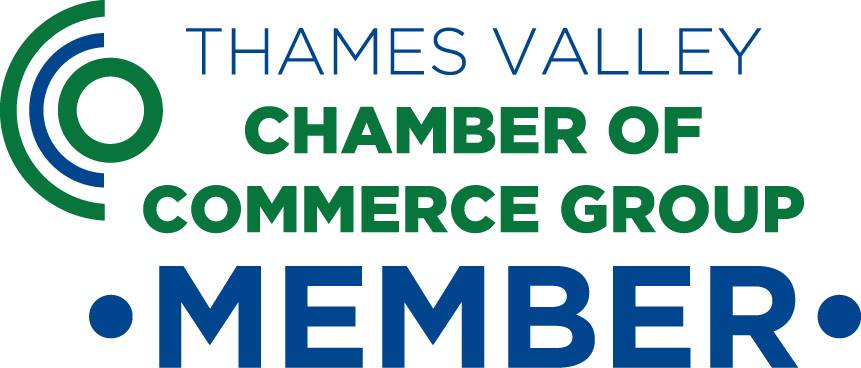3 min read
All businesses started somewhere. A group of friends with an idea in a small, rented garage, a regular office worker that kept thinking of a project that’s brought to life starting from a tiny home office. Basement, attic, or shed headquarters, full of brainstorming and ambitious plans.
Then someone took that idea and ran. And things finally started to pick up. The first customer, excitement, then the next one, and then another, and another. Workload became too much for one person, you realised you need an extra pair of hands to help. You hired the first employee. Technical staff probably. A consultant, or a hairdresser, or an engineer, or a beautician, or a programmer, and then another one. Next, admin support, or customer service, or office manager, maybe someone who could also do a bit of marketing, or why not draft a couple of contracts too? It’s obvious that the business has staffing needs, but HR seems to be the last one to be considered. HR is just a bit of common sense, or a luxury, why spend money on that, right?
Sadly, the above story isn’t the exception. Start-ups and small businesses sometimes can go for quite a while without HR support. But what small businesses don’t know, is that there’s a ton of value in engaging an HR expert.
Hiring a dedicated HR professional early on can pay off, here’s how:
- Compliance and legal issues. One of the hardest lessons for new companies to learn is that compliance is no small thing. If you don’t comply with certain laws and regulations, it can have serious and expensive consequences! This is one area where a dedicated HR professional can really set things straight.
- Policies (and Handbook). Whether you’re a start-up or not, your people need to take time off. Your employees might need to raise a grievance. Misconduct might arise at any time and you will have to take disciplinary action. And what about travel and expenses? What’s covered and what’s not? You need to have some sort of policy in place to cover all the above, or it will just be chaos. HR systems are great tools, but it’s important to create policies thoughtfully, and HR experts can organise for you the must-haves and the nice-to-haves, to begin with.
- Performance and Benefits. Even if your company has just one employee, or if is growing and hiring, you need to be offering new hires great benefits or you probably won’t get the quality of hires you’d like. And you need to take performance management right from the start. If there are no expectations set, your people don’t have a plan to follow and you don’t have a record to rely on when negotiating their promotions and pay rises, or when things go wrong. A dedicated HR professional knows and can be the one to determine the best plans and be there to implement them.
- HR has a lot to offer management and can be integral in helping owners identify immediate and long-term staffing needs and organise their workforce planning. HR will be strategically providing ideas for creating a lasting (and awesome) culture that will attract and retain great talent. HR can also be great in keeping the focus on training (and continuing to develop) employees. HR can step up and help direct the company in a strategic way!
HR shouldn’t be an afterthought. Most companies aren’t too small for HR. Frankly, the size of the company doesn’t really matter, because every company still needs the basics of an HR function—just at a smaller capacity. That’s why you should consider engaging an HR consultant if you’re not in a position to hire a full-time HR employee. You’ll have expert support on hand as and when you need it, in a more cost-effective way. When companies think about HR early, they’ll find nothing falls between the cracks.
You now have the chance to focus on what matters most - the job itself.





